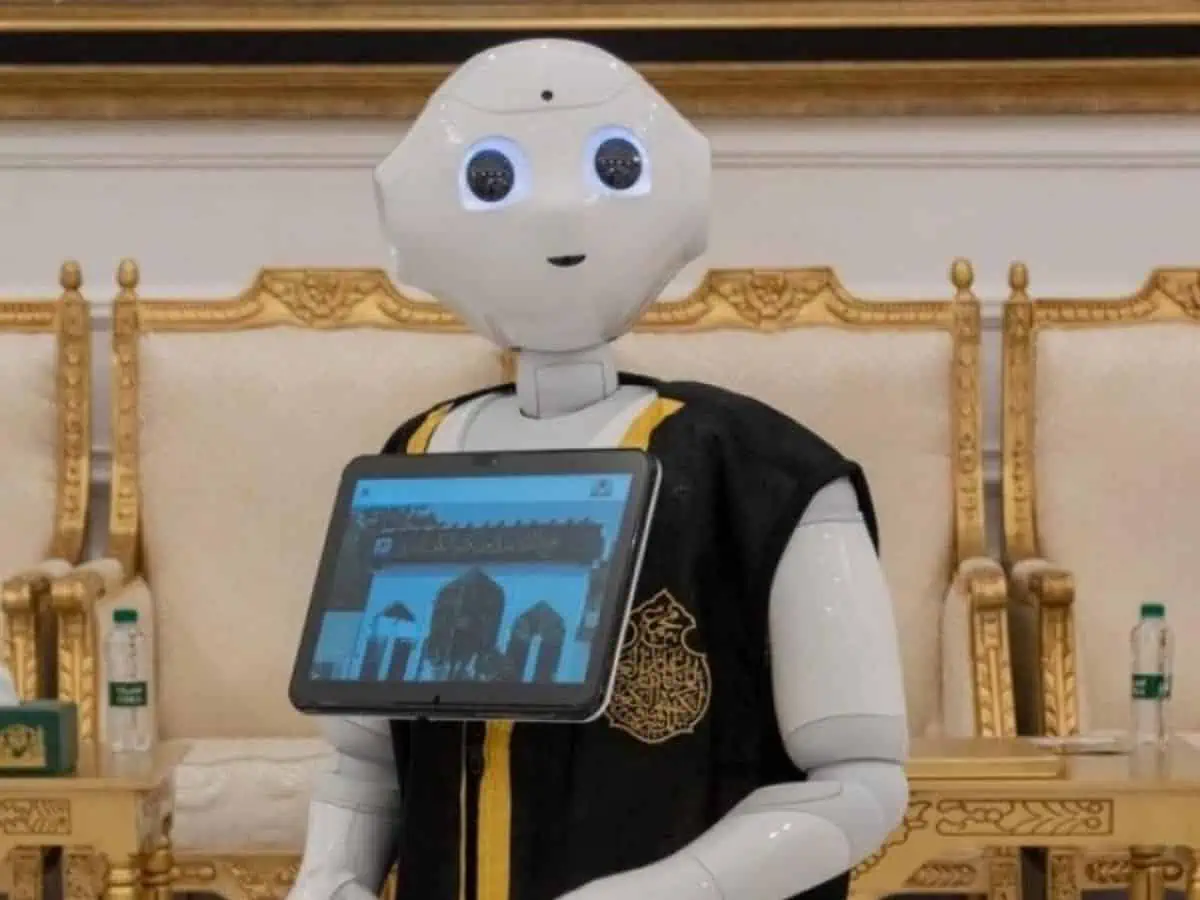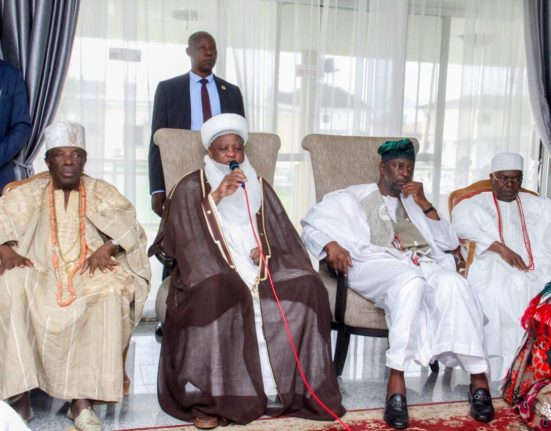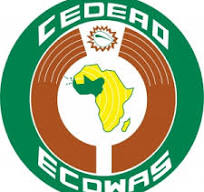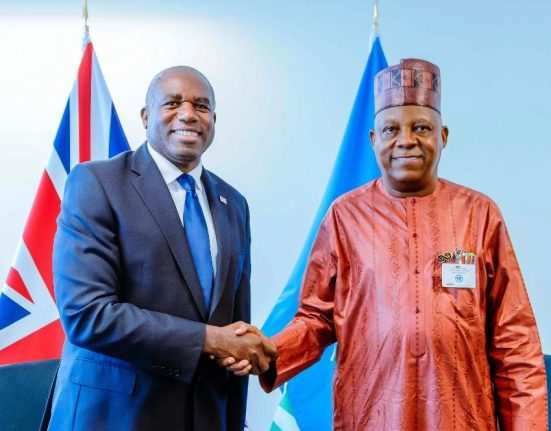In what can best be described as a bold stride into the future of religious event management, the Saudi Ministry of Islamic Affairs, Call and Guidance has unveiled interactive robotic assistants at the 45th edition of the prestigious King Abdulaziz International Quran Memorization, Recitation, and Interpretation Competition currently ongoing in Makkah. The deployment marks a significant leap in how faith-based events are being supported by cutting-edge technology, with a specific focus on enriching the experience of both participants and international guests.
These multilingual robotic guides, equipped with intuitive touch screens and AI-powered language recognition systems, are stationed within key competition halls to offer attendees real-time assistance. Their role is straightforward yet impactful — providing accurate, on-demand information about the competition’s schedule, session locations, participant protocols, and more. Each unit is capable of responding to inquiries in as many as 96 global languages, an impressive feat that caters to the highly diverse group of contestants and visitors who have travelled from across continents to attend the event.
By integrating this technological solution, the Ministry is not only reducing reliance on traditional guides and printed materials but also improving the overall flow of activities at the venue. Visitors can now simply approach any of the robotic units to receive instant directions or access maps and daily updates at the touch of a screen. For a competition that draws participants from over 100 countries and remains a cornerstone of international Islamic scholarship, such ease of access is both timely and essential.
Officials involved in the planning and rollout of the service have emphasized that the goal is to enhance the visitor experience while simultaneously allowing human staff to concentrate on more complex and sensitive logistical duties. In their words, the robots are designed to handle “routine yet crucial” queries, freeing up ministry personnel to manage high-level coordination and personalized assistance where needed.
This forward-thinking initiative is part of the Ministry’s broader digital transformation drive, which aims to blend traditional hospitality with smart technology during major religious and cultural programs. It reflects the Kingdom of Saudi Arabia’s commitment to modernizing service delivery without compromising the sanctity and reverence that such events command. The move also aligns with Vision 2030, the Kingdom’s national development blueprint which prioritizes digital infrastructure and service innovation across all sectors, including religious affairs.
It was confirm to the reception to the robots has so far been positive, with users praising their ease of use and the convenience they bring, particularly for those who are unfamiliar with the venue or who speak less common languages. Organizers have noted that data and feedback gathered during the course of the competition will inform future improvements and potentially expand the role of robotics in subsequent editions of the Quran competition and similar global gatherings.
As the competition continues in Makkah, the presence of these intelligent assistants is being viewed not just as a novelty, but as a functional part of a modern, efficient, and inclusive experience — one that seamlessly blends faith, culture, and innovation on the world stage.







